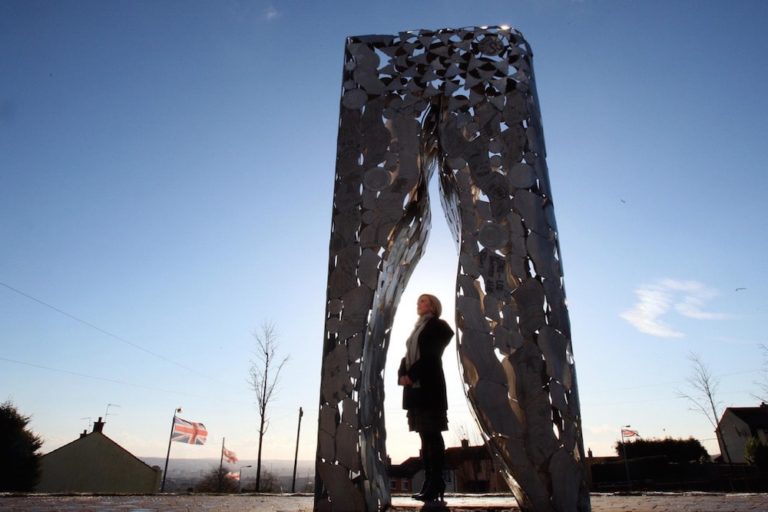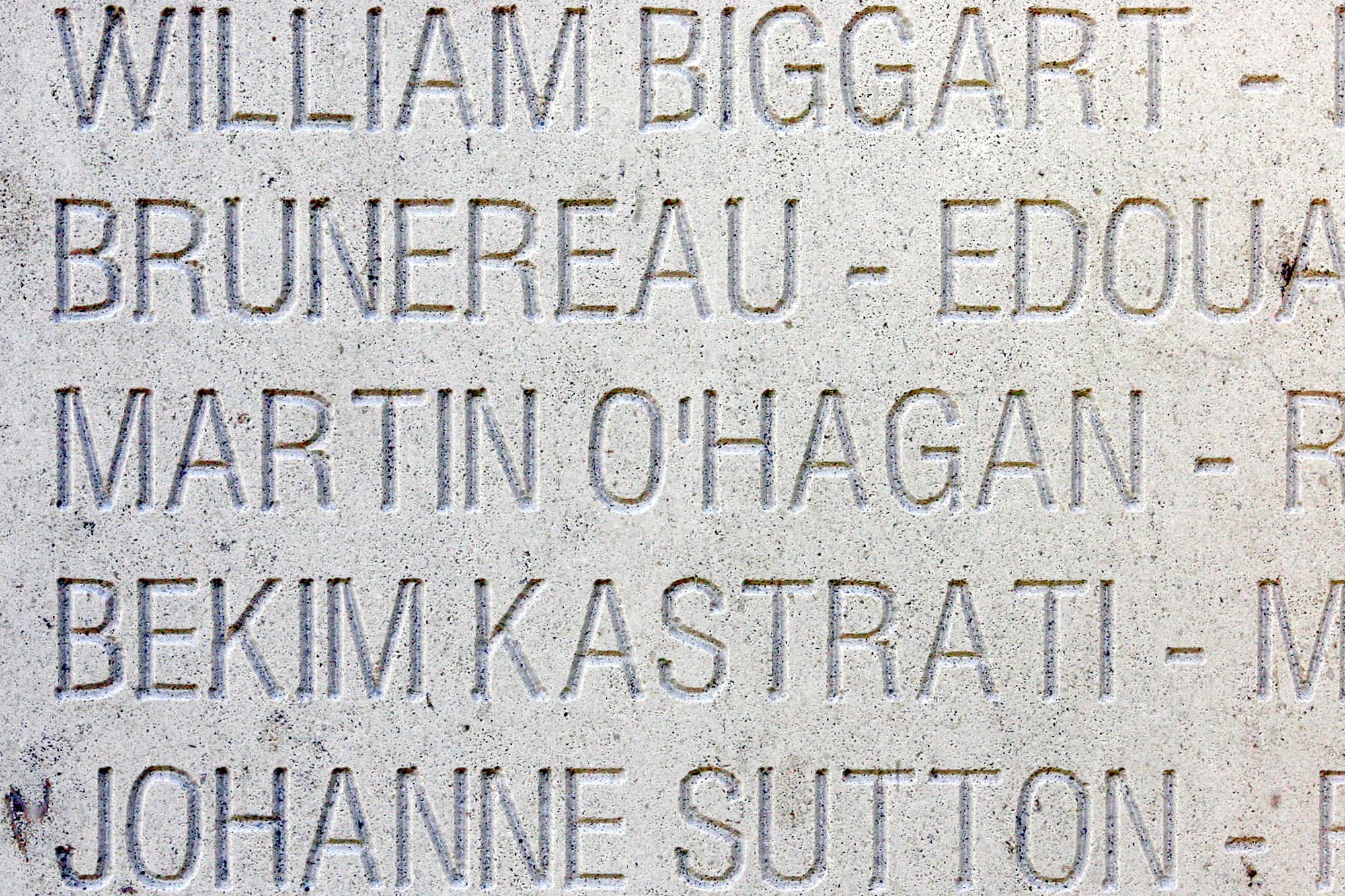(IFJ/IFEX) – The following is an IFJ media release: May 3rd 2002 Journalists Back Defiant Reporters Who Refuse to Disclose Sources Over Ulster Massacre The International Federation of Journalists says two British journalists, facing jail for refusing to identify former soldiers featured in their reports on a mass killing in Northern Ireland, are being asked […]
(IFJ/IFEX) – The following is an IFJ media release:
May 3rd 2002
Journalists Back Defiant Reporters Who Refuse to Disclose Sources Over Ulster Massacre
The International Federation of Journalists says two British journalists, facing jail for refusing to identify former soldiers featured in their reports on a mass killing in Northern Ireland, are being asked to betray the “cardinal principle of professional journalism.”
The IFJ accused a senior judge of “perverse disregard of the rights of journalists” when he ordered Alex Thomson and Lena Ferguson to name five former soldiers whose information helped shape their reporting in 1997 on an incident 20 years ago when soldiers opened fire on Catholic demonstrators in Northern Ireland killing 13 people. The Judge, Lord Saville, is threatening to jail the reporters for contempt.
Aidan White, General Secretary of the IFJ, said: “It is a cruel irony that in one of the world’s leading democracies two reporters wake up on World Press Freedom Day facing a jail term because they refuse to betray a cardinal principle of professional journalism.”
He said the judge’s order flies in the face of international opinion supporting journalists’ rights. “Yesterday a United Nations conference urged authorities to respect a reporter’s right to protect confidential sources of information,” said White, “but the perverse disregard of journalists’ rights by judges is sadly familiar to journalists the world over.”
The IFJ says it applauds the stand by the journalists to serve a prison sentence if necessary to defend the principle of the protection of sources. “The unacceptable reality in many countries is that journalists are forced to sacrifice their freedom to defend their rights,” said the IFJ. “We fully support our colleagues in their courageous stand.”
The inquiry into the 1972 massacre was set up four years ago to determine what happened on what is known as “Bloody Sunday”, a threshold event in more than 30 years of civil unrest in Northern Ireland. The inquiry, which includes judges from Canada and Australia, has gathered much evidence, but has repeatedly failed to have soldiers and police officers, as well as members of outlawed Irish Republican Army groups identified.
Soldiers and officers have successfully appealed against earlier orders by Saville to give their testimony in open court. Most want their faces shielded and their names withheld, and many soldiers have insisted they give evidence in England rather than Londonderry. Now lawyers for the two journalists will appeal against the judge’s order.
The IFJ says that to force Thomson and Ferguson to reveal their sources would deter others from speaking to journalists. “The consequences of such a betrayal would be incalculable damage to the process of investigative journalism,” said Aidan White. “Potential sources would be deterred from giving vital information to journalists because they would fear exposure in the courts and possible reprisals, even threats to their lives.”
The IFJ is the world largest organisation of journalists with more than 500,000 members in more than 100 countries.


